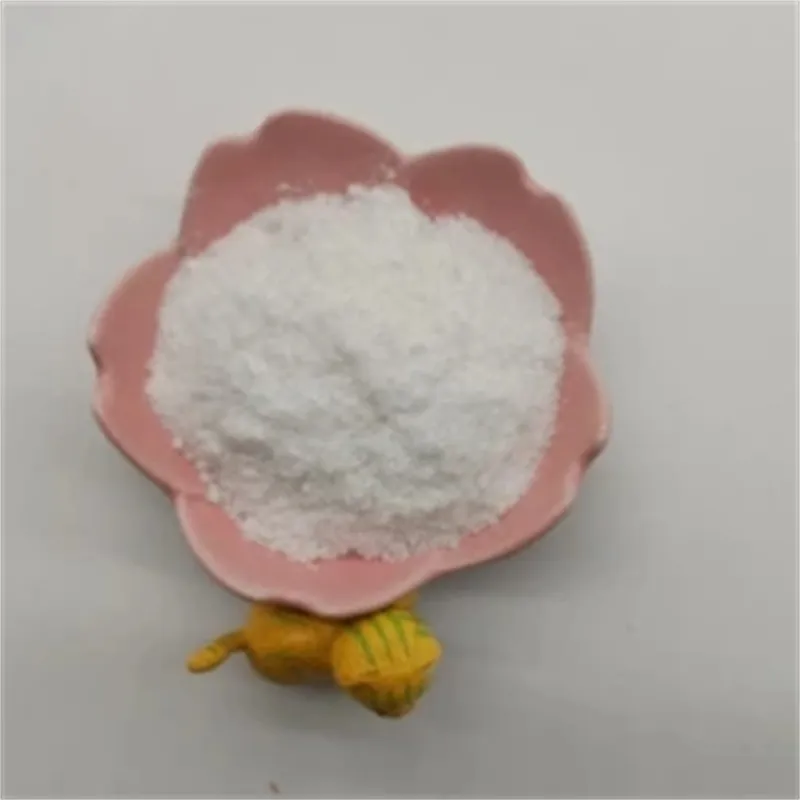Warning: Undefined array key "file" in /home/www/wwwroot/HTML/www.exportstart.com/wp-content/themes/1198/header.php on line 7
Warning: Undefined array key "title" in /home/www/wwwroot/HTML/www.exportstart.com/wp-content/themes/1198/header.php on line 7
Warning: Undefined array key "title" in /home/www/wwwroot/HTML/www.exportstart.com/wp-content/themes/1198/header.php on line 7
- Afrikaans
- Albanian
- Amharic
- Arabic
- Armenian
- Azerbaijani
- Basque
- Belarusian
- Bengali
- Bosnian
- Bulgarian
- Catalan
- Cebuano
- China
- China (Taiwan)
- Corsican
- Croatian
- Czech
- Danish
- Dutch
- English
- Esperanto
- Estonian
- Finnish
- French
- Frisian
- Galician
- Georgian
- German
- Greek
- Gujarati
- Haitian Creole
- hausa
- hawaiian
- Hebrew
- Hindi
- Miao
- Hungarian
- Icelandic
- igbo
- Indonesian
- irish
- Italian
- Japanese
- Javanese
- Kannada
- kazakh
- Khmer
- Rwandese
- Korean
- Kurdish
- Kyrgyz
- Lao
- Latin
- Latvian
- Lithuanian
- Luxembourgish
- Macedonian
- Malgashi
- Malay
- Malayalam
- Maltese
- Maori
- Marathi
- Mongolian
- Myanmar
- Nepali
- Norwegian
- Norwegian
- Occitan
- Pashto
- Persian
- Polish
- Portuguese
- Punjabi
- Romanian
- Russian
- Samoan
- Scottish Gaelic
- Serbian
- Sesotho
- Shona
- Sindhi
- Sinhala
- Slovak
- Slovenian
- Somali
- Spanish
- Sundanese
- Swahili
- Swedish
- Tagalog
- Tajik
- Tamil
- Tatar
- Telugu
- Thai
- Turkish
- Turkmen
- Ukrainian
- Urdu
- Uighur
- Uzbek
- Vietnamese
- Welsh
- Bantu
- Yiddish
- Yoruba
- Zulu
8 сар . 12, 2024 17:32 Back to list
Exploring the Properties and Uses of Diethanolamine in Various Industrial Applications and Formulations
Diethanolamine An Overview of Its Properties and Applications
Diethanolamine (DEA) is an organic compound with the chemical formula C4H11NO2. It belongs to the class of amines and is characterized by the presence of two hydroxyl (-OH) groups in its structure. The CAS number for diethanolamine is 111-42-2, which uniquely identifies this compound in chemical databases. Often recognized for its versatility, DEA plays a significant role in various industries, including pharmaceuticals, agriculture, and personal care products.
Physical and Chemical Properties
Diethanolamine is a viscous, colorless liquid with a slightly ammoniacal odor. It has a boiling point of approximately 210°C and a density of 1.1 g/cm³. Its solubility in water is high due to the presence of hydroxyl groups, making it an effective solvent for many polar compounds. The compound exhibits both basic and amphoteric properties, which allows it to act as a weak base in acid-base reactions. Additionally, diethanolamine can be easily synthesized through the reaction of ethylene oxide with ammonia or ethanolamine.
Industrial Uses
The multifunctional properties of diethanolamine make it a valuable ingredient across various industries. One of its primary applications is as a surfactant in detergents and cleaning agents. Its ability to reduce surface tension enhances the cleaning efficiency of these products. In the agricultural sector, diethanolamine is utilized as an emulsifier and stabilizer in pesticide formulations, helping to improve the efficacy and distribution of active ingredients.
In the field of cosmetics and personal care, DEA serves as a pH balancer and thickening agent in products such as shampoos, conditioners, and lotions. Its ability to bind moisture makes it a popular choice in humectants, contributing to skin hydration. However, due to concerns regarding potential skin irritation and sensitization, manufacturers must use it cautiously and adhere to safety regulations.
diethanolamine cas

Diethanolamine is also a vital component in the production of various chemical intermediates. It is employed in the manufacturing of herbicides, dyes, and pharmaceuticals. Moreover, its role as a corrosion inhibitor in oil and gas production is significant, as it helps protect metal surfaces from oxidative damage, thereby extending the lifespan of equipment.
Safety and Environmental Considerations
Despite its widespread use, the safety and environmental implications of diethanolamine cannot be overlooked. The compound has been classified by some regulatory agencies as a potential skin and respiratory sensitizer, which raises concerns about its safe handling and usage. Prolonged exposure to DEA may result in skin irritation, while its inhalation can lead to respiratory issues.
It is essential for manufacturers to comply with safety guidelines and to conduct risk assessments before utilizing diethanolamine in their products. Furthermore, concerns about its biodegradability have prompted calls for more sustainable alternatives in formulations.
Conclusion
In conclusion, diethanolamine is a versatile chemical compound with significant applications across a variety of industries, including cleaning, agriculture, and personal care. While it offers numerous benefits due to its unique properties, careful consideration of its safety and environmental impact is crucial. Ongoing research is needed to develop safer alternatives and improve practices surrounding its use in order to ensure both human health and environmental sustainability. As industries seek to balance efficacy with safety, diethanolamine remains an essential component, warranting continued scrutiny and innovation.
Latest news
-
2025 European Fine Chemicals Exhibition in Germany
NewsMay.13,2025
-
2025 New York Cosmetics Ingredients Exhibition
NewsMay.07,2025
-
Zibo will host the 2025 International Chemical Expo
NewsApr.27,2025
-
2025 Yokohama Cosmetics Raw Materials and Technology Exhibition
NewsApr.22,2025
-
2025 India Mumbai Fine Chemicals Exhibition
NewsApr.18,2025
-
Nanjing will host the 2025 Yangtze River Delta International Chemical Industry Expo and the National Chemical Industry Conference
NewsApr.15,2025

